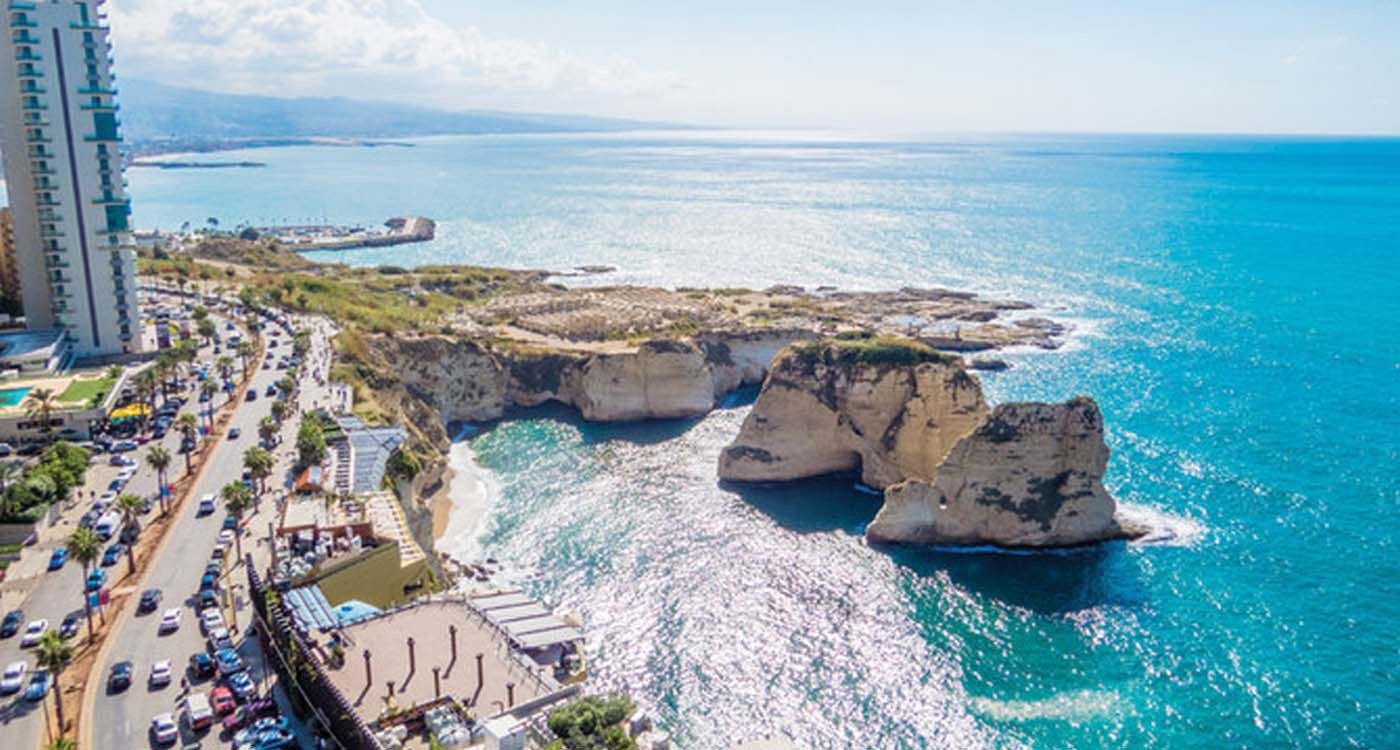
As is the case every summer, the return of expatriates brings joy to many in Lebanon. But with costly outings and back-to-back events, many locals are struggling to keep up; their purchasing power still weakened by the crisis.
“Expats, I adore you! I was so happy to see you again and spend time together, especially after the summer of 2024, when war was raging between Israel and Hezbollah and we were overwhelmed by bad news and constant bombardment,” says Kareen, whom we met in downtown Beirut.
Still, she adds a note of frustration. “It was really hard to keep up with the pace of friends and relatives visiting from abroad. They wanted to go out all the time, and it cost me a fortune… I burned through my $1,500 salary in less than two weeks,” says the thirty-something, who had to leave her apartment and move back in with her parents due to the crisis that has gripped Lebanon since 2019.
Despite it all, she remains upbeat. “In the end, maybe it was a blessing in disguise. I got to reconnect with friends I hadn’t seen in two years, and with my parents’ help, I managed to get through the month.”
Tarek shares a similar sentiment. He says his friends visiting from abroad brought “a breath of fresh air” and, more importantly, “unforgettable moments.” Still, the thirty-something admits he had to “live on pasta and potatoes for over ten days” after they left, just to “cover his share of the rent.”
Joe had been eagerly waiting for his sister, her husband and their kids to arrive. “Their visit went by too fast, but it was magical,” he says. When it came to spending, he tried to keep costs down. His sister preferred low-key, authentic spots away from the crowds. “But here, it’s just in our nature to host and pick up the bill. Going fifty-fifty doesn’t really work. It’s part of the culture.”
Despite his tight budget, he made sure to spoil his nephews. “Even with living costs skyrocketing, I wanted to give back as generously as they had showered us with gifts.”
Managing a Holiday Budget
Like Kareen, Tarek and Joe, many Lebanese are happy to see their loved ones again but struggle to keep up. Their purchasing power has been worn down by the ongoing crisis since 2019.
Patricia, in her forties and also excited to reunite with family, sums up the paradox: “Expats come back full of life and eager to try everything, from new hotspots to beaches and nightclubs. But for us, it’s a real financial headache.”
She then describes a typical day. “Between gas, beach entry fees of $35 to $45, drinks and lunch, you’re already spending over $100 per person.” Then come the pre-dinner drinks, evening rounds costing between $50 and $80, and sometimes a night out on a rooftop where reserving a table costs about $150. Not to mention festivals: “For those who can afford it, expect to pay between $100 and $150 for a good front-row seat.”
Many expatriates also want to check out the latest trendy spots across the country. “Batroun, Faraya, boutique hotels costing $250 to $300 per night…” On top of that, prices have soared due to growing demand.
For Patricia, the takeaway is simple: “Keeping up this pace for ten days is like an all-inclusive trip to Europe.”
A Much-Needed Economic Boost
Despite these challenges, the return of expatriates brings welcome benefits. It lifts the spirits of a population worn down by hardship and provides a much-needed boost to an economy in dire straits.
“Many expats support their families by sending money or covering certain expenses,” those interviewed point out. It’s also important to remember that many Lebanese were “forced into exile” for all the reasons mentioned. And life abroad is far from easy for them as well.
Those interviewed say that the anticipation was great. Everyone counted down the days until their loved ones could once again set foot on Lebanese soil, the homeland they deeply miss and that misses them in return.
This summer, as with every return, expatriates bring a much-needed boost of joy, memories and fresh currency. Yet their arrival also shines a light on the economic divide in a country where generosity and the will to welcome often outweigh harsh financial realities. While awaiting a more stable future, locals continue to juggle warm reunions and a precarious financial reality.




Comments